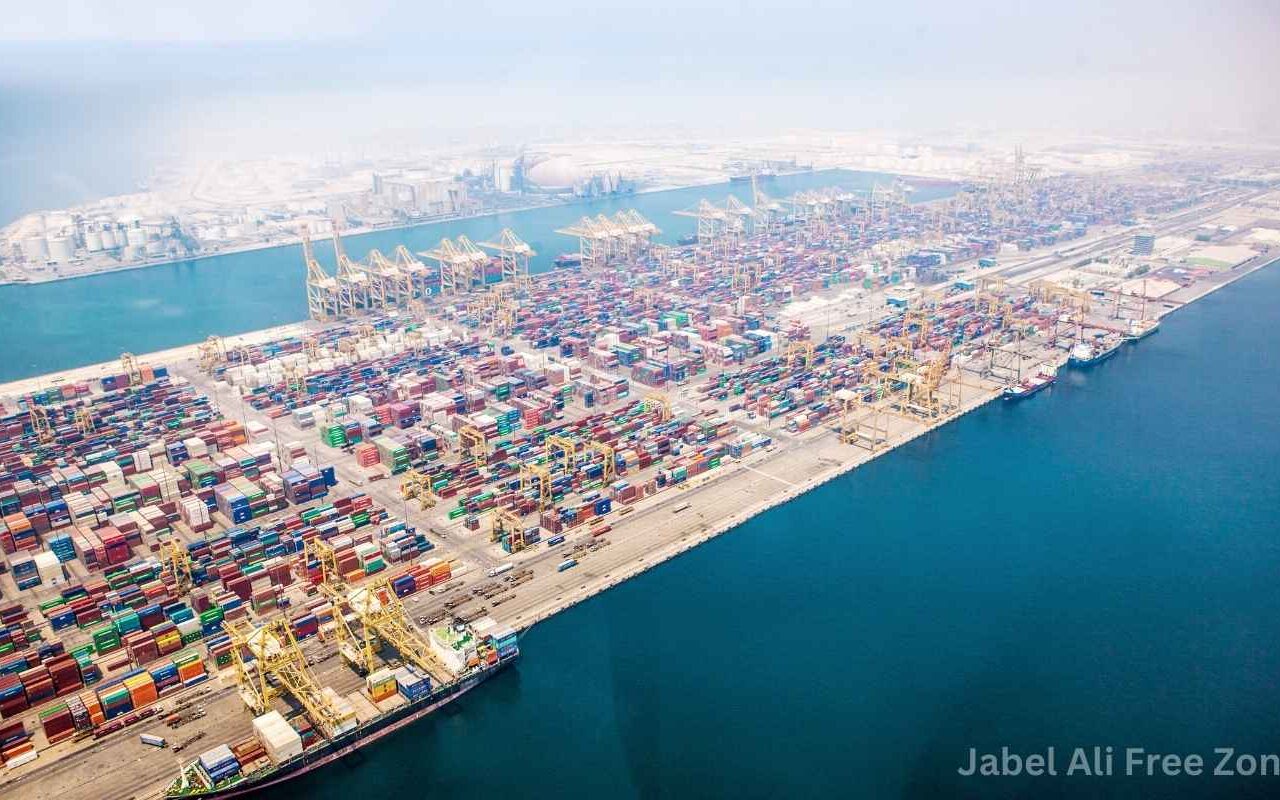
Dubai has taken a major step forward in reshaping its economic landscape with the introduction of new regulations allowing free zone companies to operate in the mainland under specific conditions. This groundbreaking decision, issued by the Dubai Executive Council, grants businesses registered in free zones greater operational flexibility, paving the way for enhanced economic growth, increased foreign investment, and a more competitive business environment.
The new regulatory framework, introduced through Executive Council Resolution No. (X) of 2025, marks a strategic shift in Dubai’s business ecosystem. Historically, companies registered in free zones were restricted from conducting business directly in the mainland without a local sponsor or a mainland branch. This regulation now allows certain free zone entities to operate and trade within Dubai’s mainland, subject to compliance with specific tax and licensing requirements.
A Game-Changer for Free Zone Businesses
Free zones in Dubai have long been attractive to investors due to their 100% foreign ownership structure, tax exemptions, and minimal bureaucracy. However, a major limitation was their inability to conduct direct business in the mainland without establishing a separate legal entity. This new regulation bridges the gap, giving businesses the flexibility to operate beyond their free zone boundaries, making Dubai’s business environment even more dynamic.
Key aspects of the new regulation include:
✔ Permission for Free Zone Companies to Engage in Mainland Trade – Certain categories of free zone businesses can now provide goods and services directly to the mainland.
✔ Corporate Tax Compliance – Free zone companies conducting mainland operations will be subject to UAE’s 9% corporate tax, ensuring fair competition with mainland entities.
✔ Operational Licensing & Approvals – Businesses must obtain necessary licenses from both their respective free zone authority and Dubai’s Department of Economy and Tourism (DET).
✔ Sector-Specific Allowances – Some industries, including technology, e-commerce, logistics, and financial services, are expected to benefit most from the new regulation.
This strategic shift aligns with Dubai’s vision for economic diversification, attracting more investors while strengthening regulatory compliance and tax transparency.
Impact on Businesses & Investors
Dubai’s free zones, including Jebel Ali Free Zone (JAFZA), Dubai Multi Commodities Centre (DMCC), Dubai Internet City (DIC), and Dubai International Financial Centre (DIFC), host thousands of international companies. The new regulations will expand opportunities for these companies, allowing them to directly engage with Dubai’s mainland business community without the traditional barriers.
Key benefits for businesses and investors include:
✔ Increased Market Reach – Free zone businesses can now tap into Dubai’s mainland market and expand their customer base.
✔ Cost Efficiency – Eliminates the need to establish costly mainland subsidiaries or local partnerships for mainland operations.
✔ Enhanced Foreign Direct Investment (FDI) – Encourages more global businesses to establish regional headquarters in Dubai, knowing they can access both free zone benefits and mainland opportunities.
✔ Boost to SME Growth – Small and medium-sized enterprises (SMEs) in free zones can now compete more effectively and scale their businesses faster.
The introduction of these regulations is expected to significantly increase business confidence and attract a new wave of investors and entrepreneurs to Dubai.
Corporate Tax Considerations & Compliance
While free zone companies enjoy corporate tax exemptions, businesses conducting mainland transactions under the new regulations will be subject to UAE’s 9% corporate tax on their mainland revenues. Companies must:
✔ Maintain Clear Tax Reporting – Separating mainland and free zone earnings to ensure proper compliance.
✔ Understand VAT Implications – Free zone entities dealing with the mainland must comply with UAE’s Value Added Tax (VAT) regulations.
✔ Obtain Necessary Permits – Affected businesses must align with Dubai’s Economic Department’s licensing framework.
The Dubai government has introduced these tax measures to ensure a level playing field between free zone and mainland businesses while maintaining Dubai’s reputation as a tax-friendly investment hub.
Strategic Move to Strengthen Dubai’s Business Landscape
The decision to allow free zone companies to operate on the mainland aligns with Dubai’s broader Vision 2040, which focuses on:
✔ Enhancing economic flexibility and competitiveness
✔ Attracting top-tier multinational corporations and SMEs
✔ Encouraging innovation-driven sectors like fintech, AI, and logistics
✔ Creating a seamless, world-class business environment
Experts believe this move will accelerate Dubai’s economic transformation, reinforcing its status as the Middle East’s premier global business hub.
Final Thoughts
The introduction of Executive Council Resolution No. (X) of 2025 represents a paradigm shift in Dubai’s business regulations. By granting free zone companies access to the mainland, the emirate is further solidifying its position as a business-friendly, investment-driven city.
This regulation not only provides more opportunities for businesses to scale and thrive, but also ensures economic sustainability, tax transparency, and regulatory compliance. Investors and business owners looking to expand in Dubai should closely monitor these changes and explore the immense potential that this regulatory evolution brings.
Dubai has once again proven its ability to adapt, innovate, and lead the way in creating a dynamic global business environment.




Leave a Reply